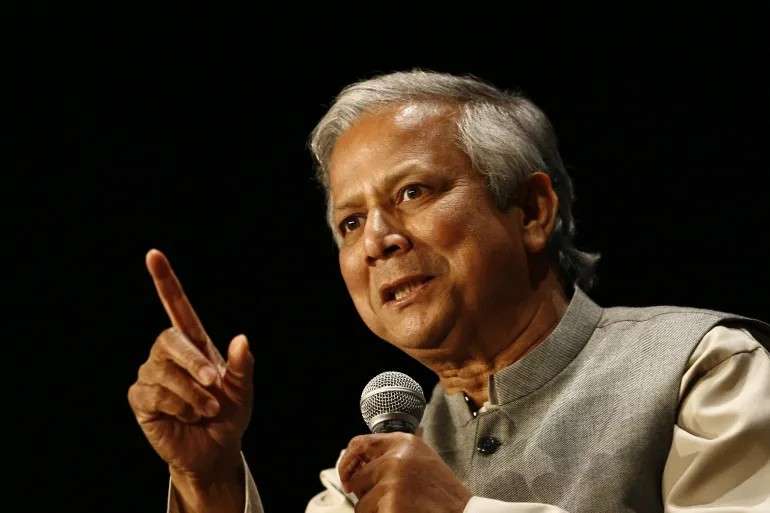Bangladesh’s Chief Adviser Muhammad Yunus has confirmed that the country will hold its next general elections in February 2026, alongside a nationwide referendum on the July Charter, a proposed framework seeking far-reaching reforms in governance, electoral integrity, and institutional accountability. The move marks a critical stage in the nation’s transition from the Yunus-led interim administration to an elected government.
The election schedule carries added political weight as it will be the first major democratic exercise since the ousting of the Awami League government led by Sheikh Hasina, whose 15-year rule ended amid allegations of authoritarianism, corruption, and economic mismanagement. Yunus has previously criticised the Hasina administration’s claims of high economic growth as “fabricated”, signalling a sharp ideological departure from the former ruling party’s narrative.
The Awami League, now displaced and internally recalibrating, faces a challenging road ahead. Its participation and acceptance of the new electoral roadmap will be crucial for the legitimacy of the 2026 polls. While party leaders have demanded guarantees of a level playing field, opposition groups insist that reforms under the July Charter are necessary to dismantle what they describe as the deeply centralised political machinery built during the Hasina era.
By advancing the election date from April to February partly to avoid Ramadan, the interim government aims to ensure smoother logistics. Yet, the combined referendum-election format raises concerns about voter preparedness and political polarisation. The credibility of this process will ultimately determine Bangladesh’s democratic trajectory and the future relevance of the Awami League in a rapidly shifting political landscape.

